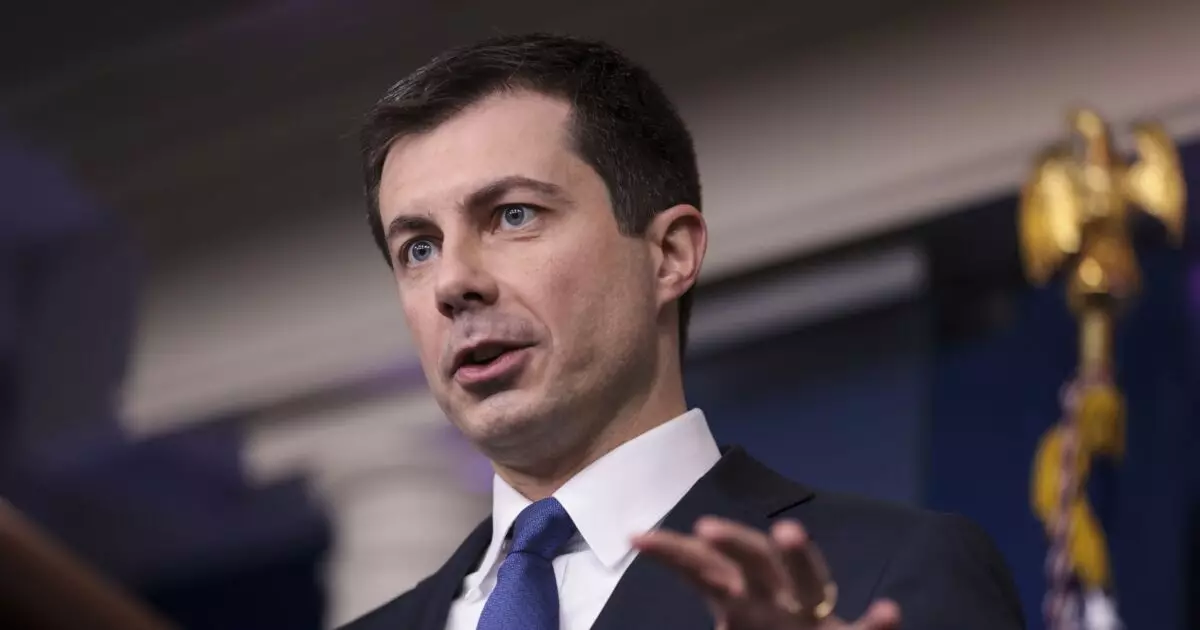On the occasion of the third anniversary of the Infrastructure Investment and Jobs Act (IIJA), the Biden administration reaffirmed its commitment to enhancing the nation’s infrastructure with the announcement of $3.4 billion in new grants. These funds signify a continuation of the ambitious goals set forth by the IIJA, which has already allocated nearly $570 billion to 66,000 projects since its enactment. Transportation Secretary Pete Buttigieg emphasized the importance of utilizing the resources approved by Congress efficiently, reflecting a dedication to serve the nation’s infrastructure needs amidst a politically charged backdrop.
The future of infrastructure funding hangs in a delicate balance, especially with the looming potential for a shift in administration. Incoming President Donald Trump has expressed intentions to rollback several provisions of the IIJA, including funding for electric vehicle charging stations. However, much of the funding is structured as advance appropriations, which poses a significant barrier to any attempts to dismantle these initiatives. The appropriations are secured until September 30, 2026, suggesting that the momentum built over the past three years may sustain itself despite political turbulence.
In an unusual display of bipartisanship, officials from both Republican and Democratic backgrounds gathered to spotlight the positive impact of the IIJA. Kentucky Governor Andy Beshear and Oklahoma City Mayor David Holt underscored a shared vision for infrastructure that transcends party lines. This collaboration is particularly evident in projects like the $1.6 billion federal grant for the Brent-Spence bridge replacement, which required input and support from leaders across the political spectrum. This illustrates a growing recognition that infrastructure investment is a fundamental component of economic growth and public safety.
The latest $3.4 billion infusion is earmarked for crucial sectors such as rail, roads, and ports under three distinct programs tied to the IIJA. Noteworthy allocations include $1.5 billion dedicated to rail projects in the Northeast Corridor, an area where public transportation is integral to economic activity. Additionally, $1.2 billion is set aside for 39 states to enhance the use of sustainable materials in construction, resonating with the broader goals of environmental sustainability outlined in the Inflation Reduction Act.
As the IIJA strides into its third year, its outcomes thus far demonstrate the possibilities of substantial federal investment in infrastructure. The ongoing support from both sides of the aisle is a promising indicator that future projects may continue to flourish, even amidst political disagreements. The sustained funding and collaboration could lay the groundwork for transformative advancements that benefit all Americans. As we look to the years ahead, the challenge will be to maintain this bipartisan momentum and ensure that the infrastructure needs of the nation are met efficiently and effectively.

